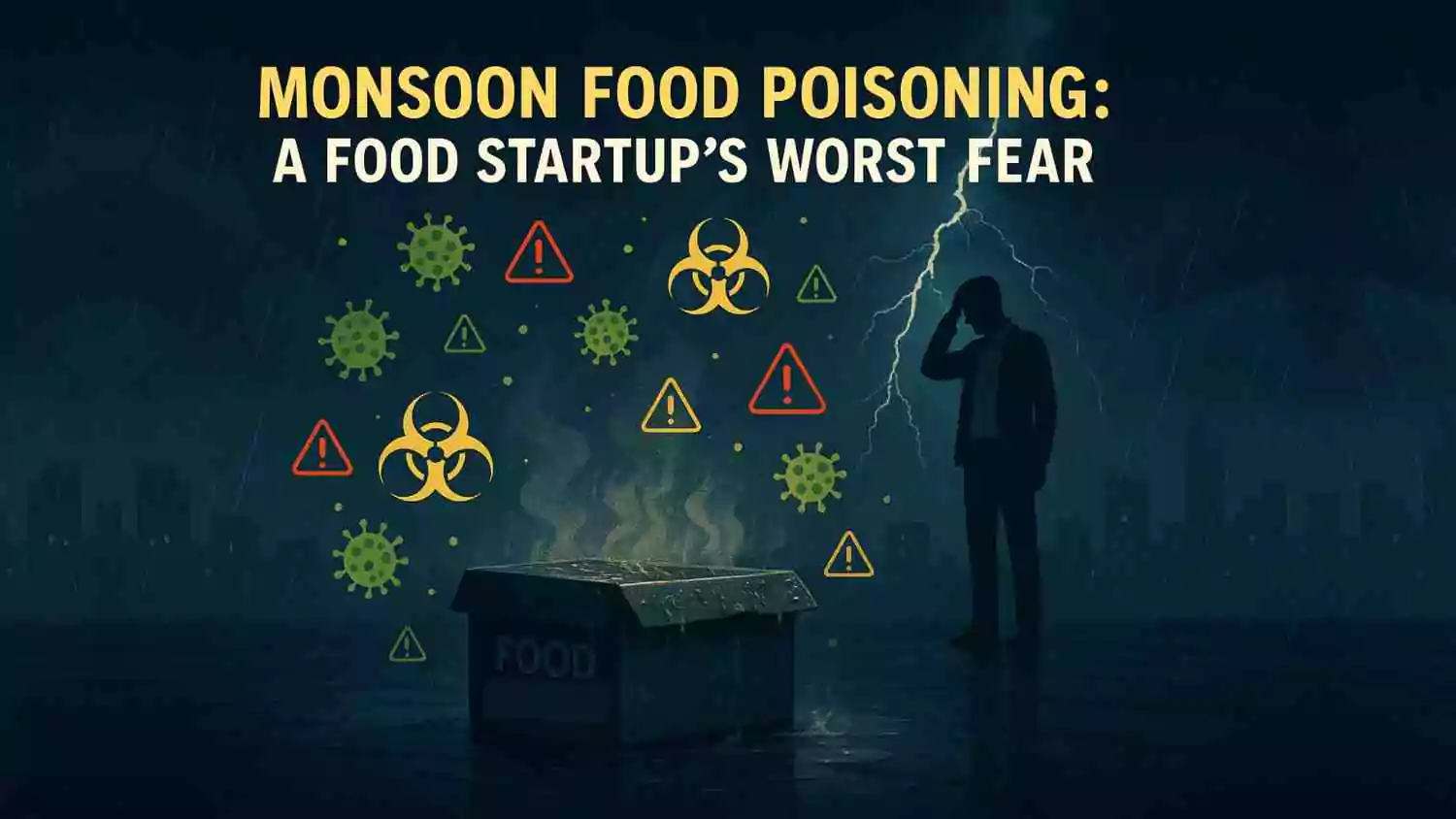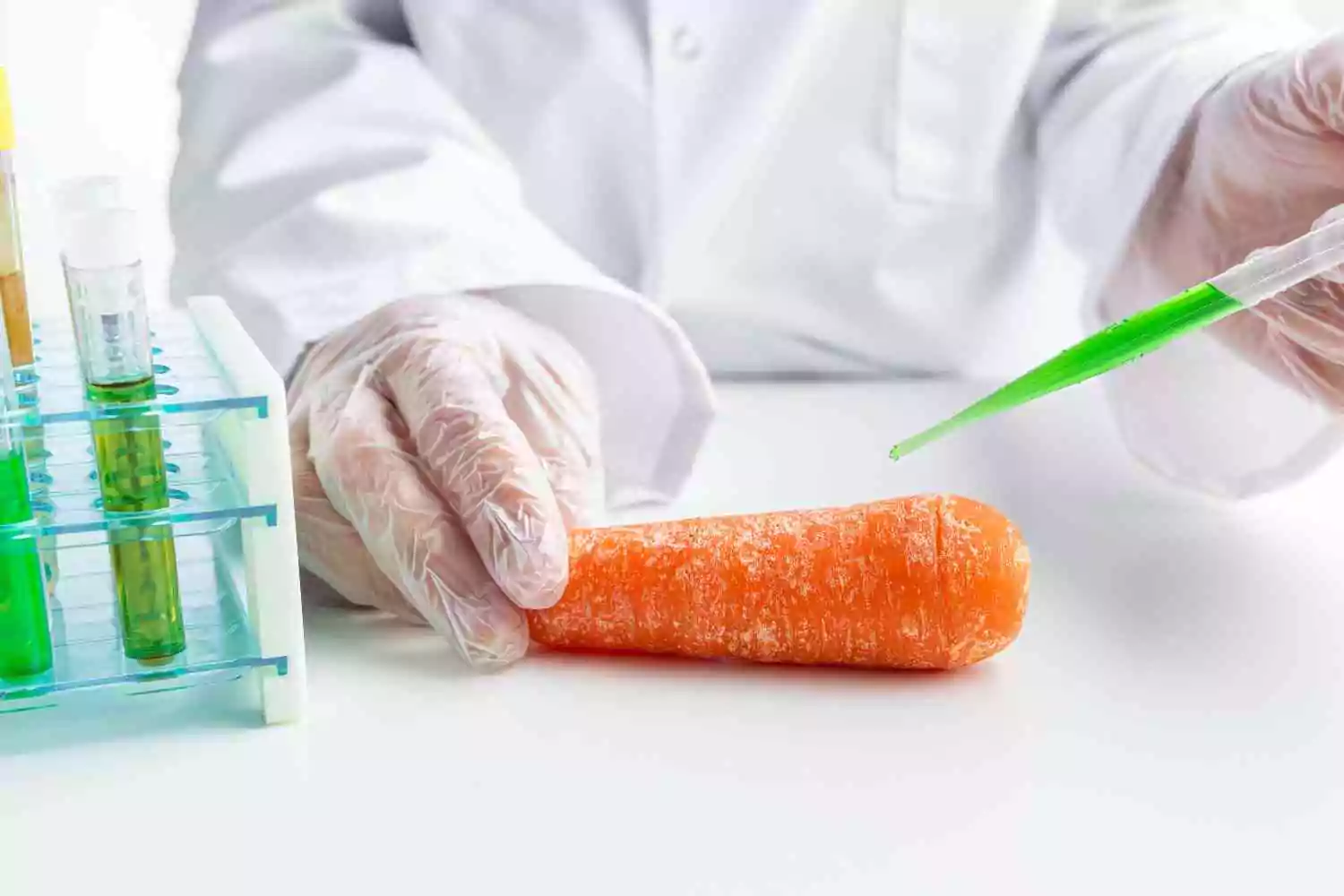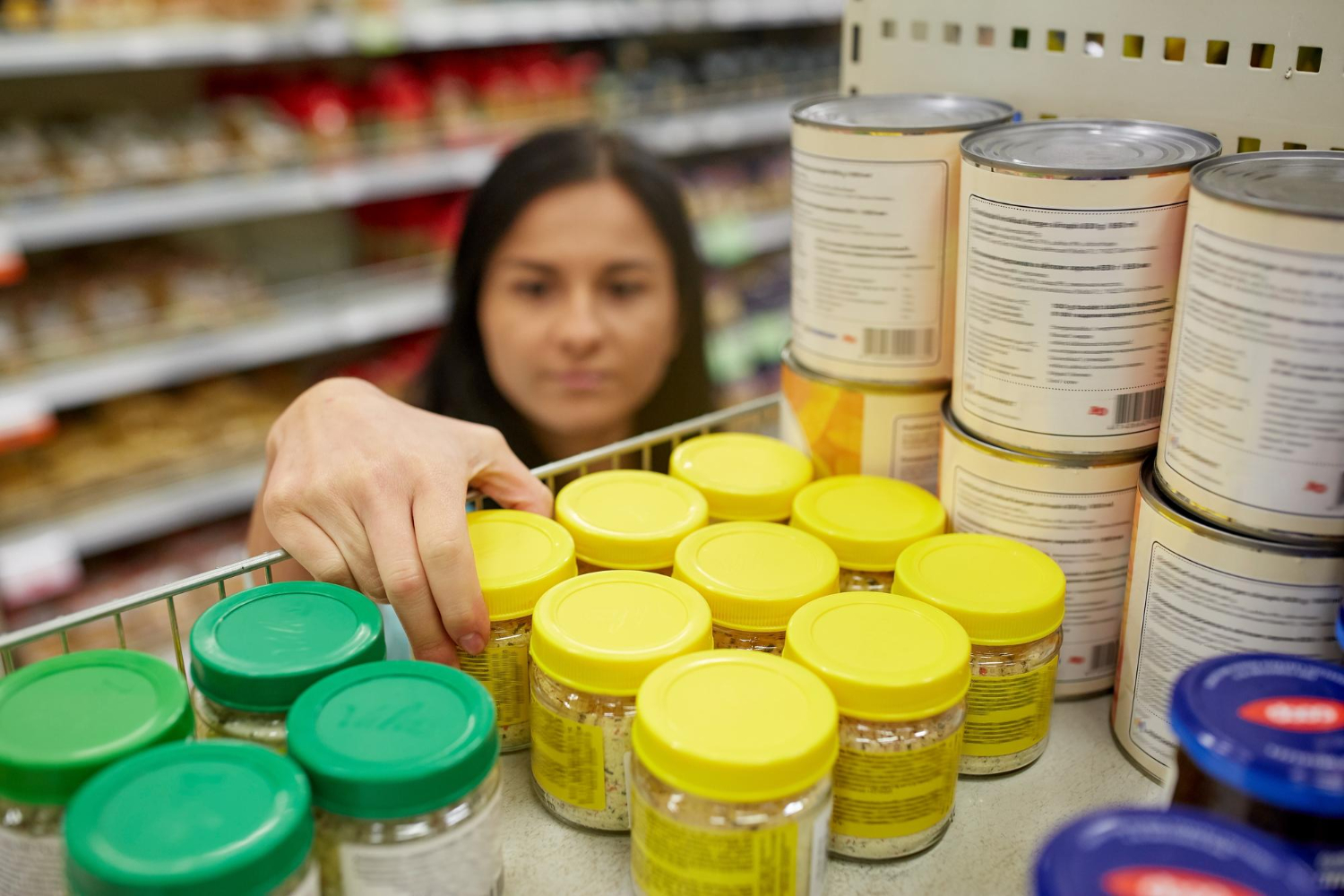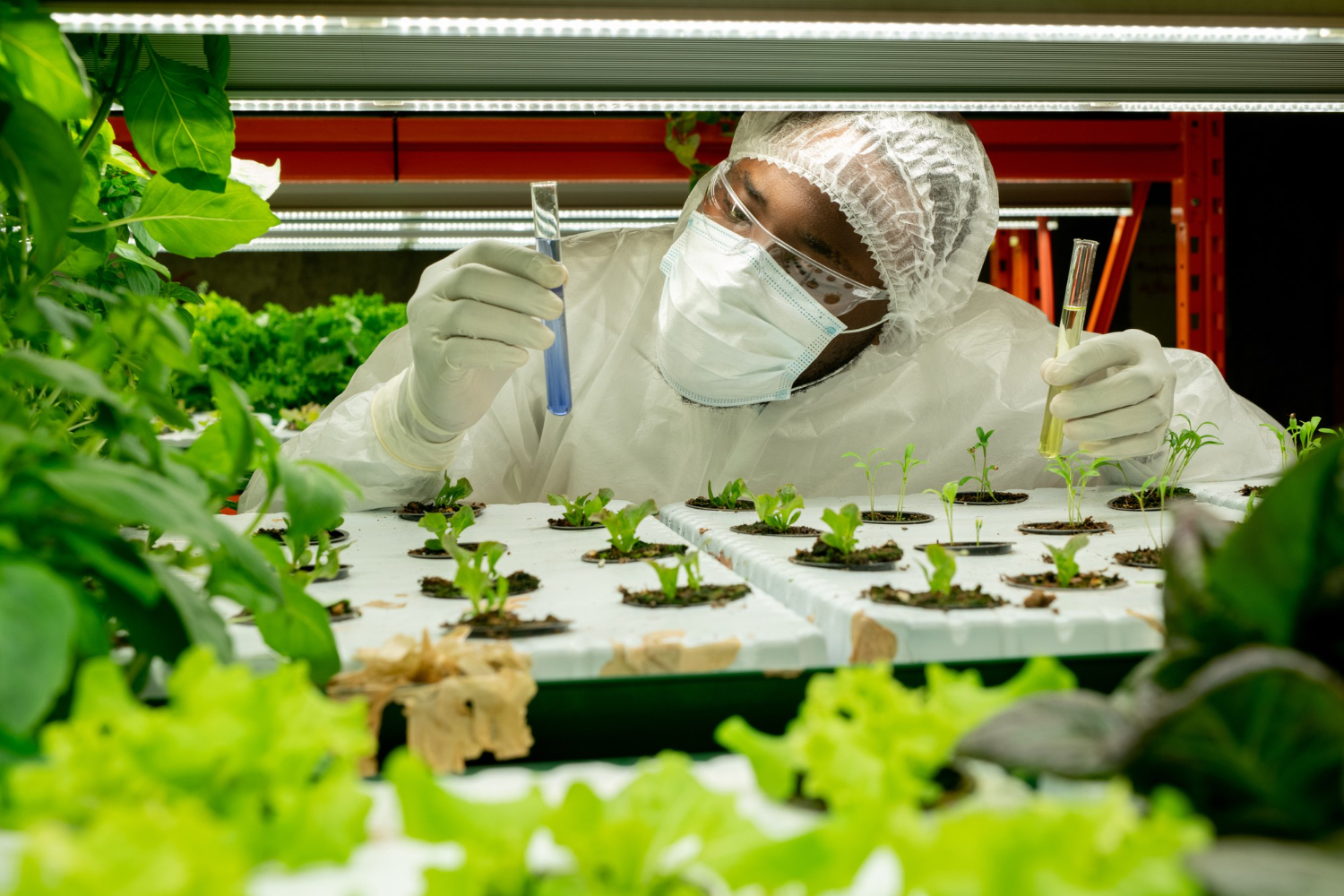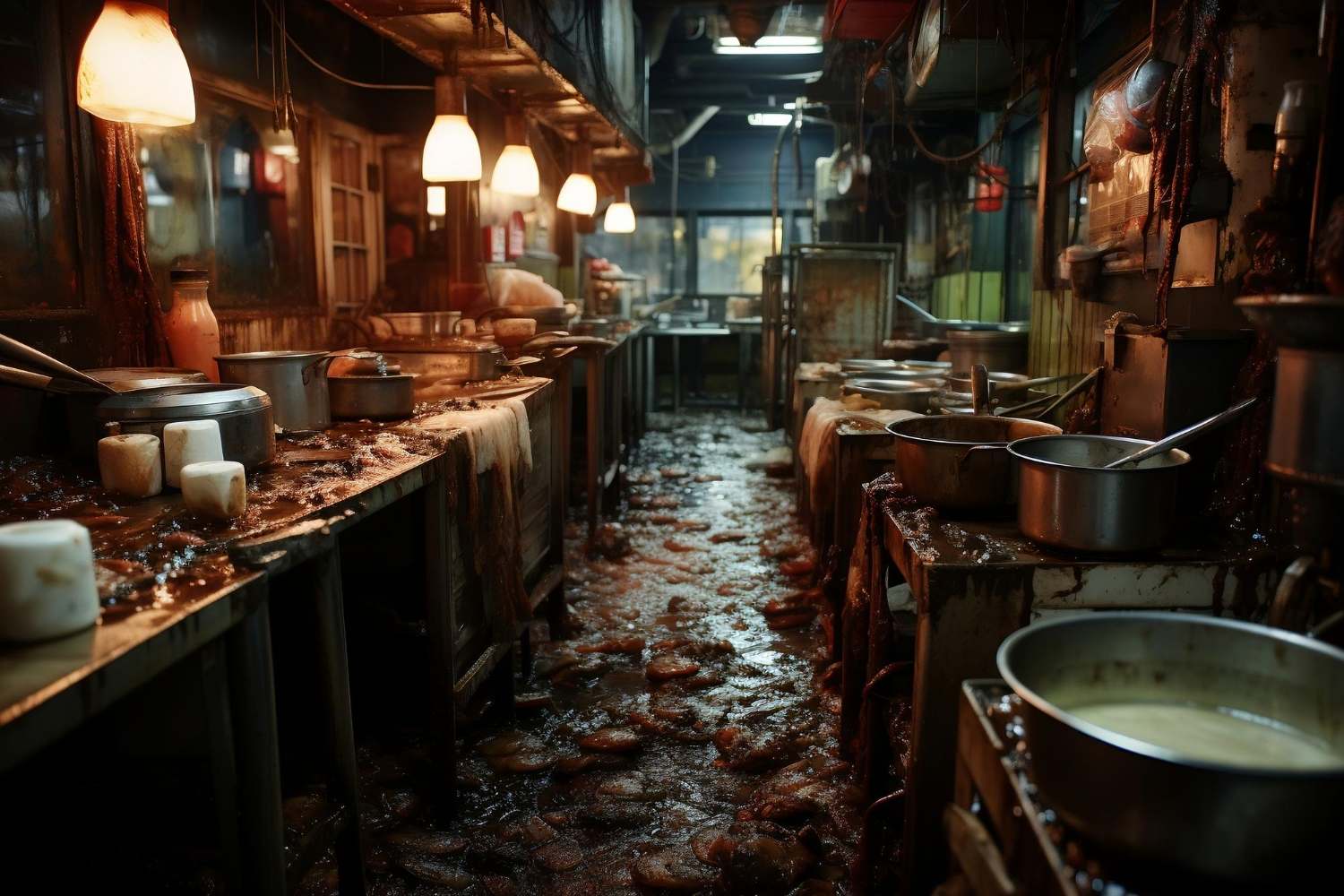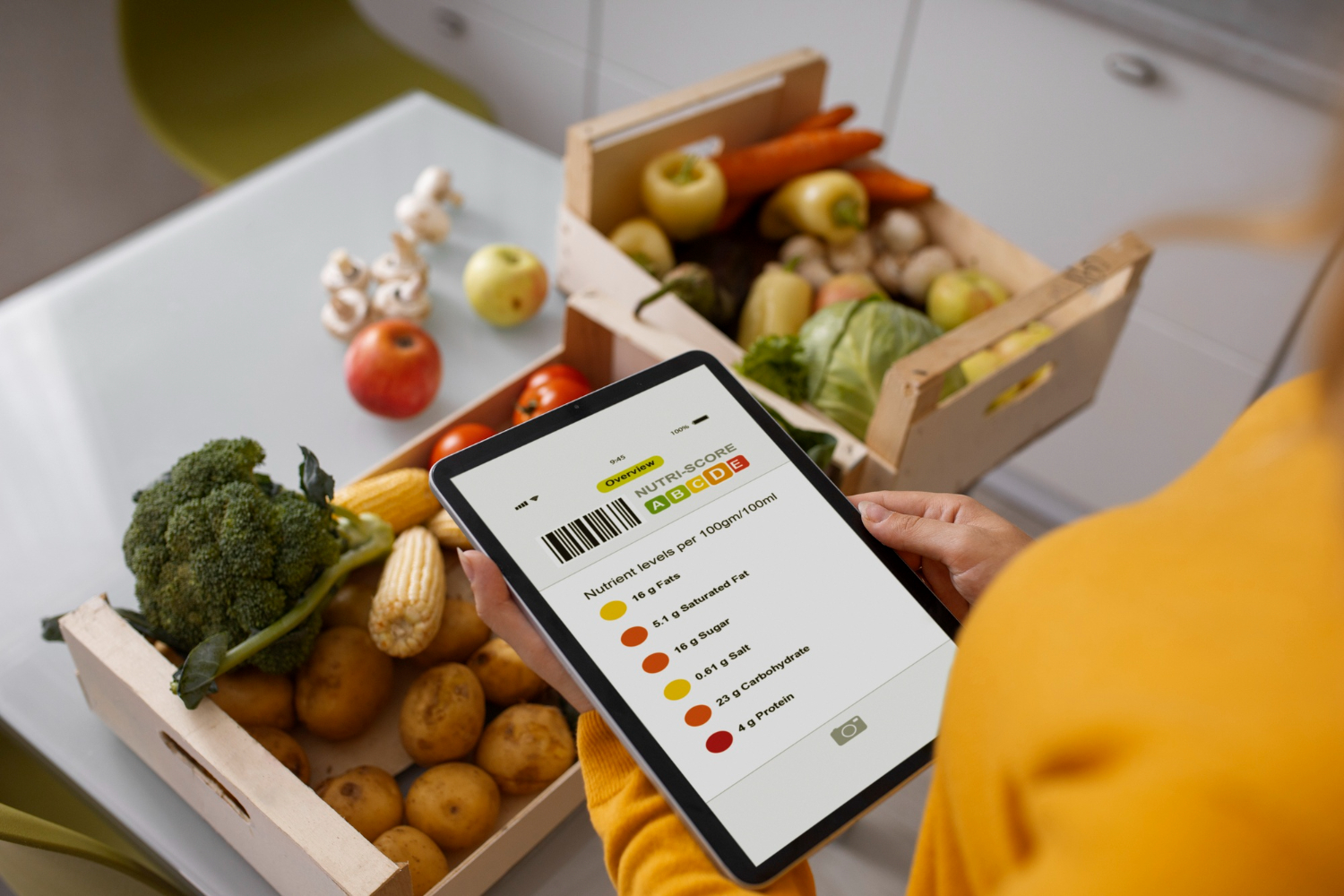Importance of food testing and inspection in the Food industry
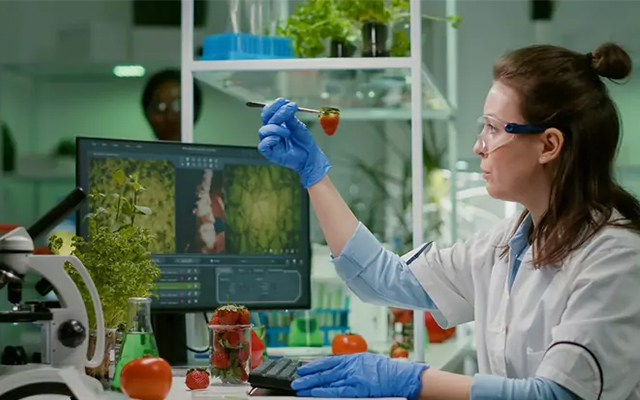
The food industry is booming and various essential factors are considered. The Food Industry in India is recommended to stay committed to certain parameters that ensure the food is safe for consumption and at the same time hygienic.
Any food catered for consumption should meet the standards. Unless an FBO or the manufacturer doesn’t acquire an FSSAI license they are ineligible to produce or serve any product. Having licenses signifies that one needs to adhere to the norms and regulations framed by FSSA while designing the product. When it comes to Food Industry, FSSAI is an apex body ensuring the food served to the consumers is safe, hygienic, and meets the standards.
Whenever a new FBO or manufacturer enters the business with minimal experience, they have only one way to survive in the market- the consumer. If a consumer is satisfied, the chances of business increases are sure.
Food testing and inspection are the backbones of the food industry allowing to serve the right, nutritious, safe, and hygienic food for consumption. Food testing and inspection allow or approve a product or outlet safe.
Food Testing
Before introducing any product in a market or post-altering the product, conducting the product becomes necessary. Any food product introduced or altered by the FBO needs to be free from microorganisms, bacteria, viruses, molds, and other harmful factors. Conducting those tests allow ensures the food is safe for consumption for the mentioned period.
Additionally, knowing about the shelf life, nutritional value and other mandatory measures can be well known. Food testing laboratories in India are directed to follow the norms and regulation that approves a certain food product safe for consumption. Manufacturers, Food Business Operators, and other manufacturers are recommended to acquire the FSSAI licenses.
Inspection
The inspection usually is conducted during festive seasons or when complaints about a certain outlet are received. This allows the authorities to know whether the food served to the consumers is safe for consumption or not. Inspection allows knowing the adulteration cases, the expired food, or the unhygienic method followed while the food is prepared.
While inspecting the premises following things are taken care of:
- Cleanliness and Hygiene
- Ensuring the raw material and cooked food is stored separately
- Through cooking
- Using Raw material and water safety
- Ensuring the temperatures are maintained
- Through cooking
Food businesses need to ensure they do adhere to the norms and regulations framed by FSSAI. There are few restaurants and outlets that follow the hygiene parameters, during an inspection, the hygiene parameters are concluded, violated. As said, Food Testing ensures the consumables are safe, while the Inspection gauges the quality and safety issues to protect consumers’ safety and interest.
Food-borne disorders increase constantly if the food industry neglects the inspection and testing parameters. Skipping the testing and inspection part results in a tremendous effect on the health of consumers and the brand image of the FBO.
6. Enhance Market Competitiveness
Products with longer shelf lives often have a competitive advantage in the market. Shelf life testing can help you develop strategies to extend your products' freshness, potentially expanding your distribution range and increasing your market share.
7. Support Product Innovation
As you develop new products or reformulate existing ones, shelf life testing provides crucial data on how ingredients interact over time. This information can guide your innovation process, helping you create more stable and longer-lasting products that meet consumer demands.
8. Improve Supply Chain Management
Understanding your products' shelf life allows for better inventory management and distribution planning. You can optimise production schedules, reduce storage costs and ensure that products reach consumers at peak quality.
9. Build Consumer Trust
Transparent and accurate shelf life information builds trust with consumers. By consistently delivering products that maintain their quality throughout their stated shelf life, you demonstrate reliability and commitment to customer satisfaction, fostering brand loyalty.
10. Manage Seasonal Variations
Food products can behave differently under varying environmental conditions. Shelf life testing helps you understand how factors like temperature fluctuations and humidity affect your products' stability. This knowledge is invaluable for managing seasonal variations and ensuring consistent quality year-round.
Incorporating shelf life testing into your food business operations is not just a regulatory requirement; it's a strategic investment in your company's future. At Equinox Labs, we provide comprehensive shelf-life testing services that can help you reap these benefits and more.
By partnering with us, you gain access to state-of-the-art testing facilities and expert analysis that can drive your product quality, safety and market success. Our tailored approach ensures that you receive actionable insights specific to your products and business needs.
Don't leave your product's shelf life to chance. Embrace the power of scientific testing to unlock new opportunities for growth, efficiency and customer satisfaction in your food business. Contact Equinox Labs today to learn how our shelf-life testing services can propel your business forward in an increasingly competitive market.




